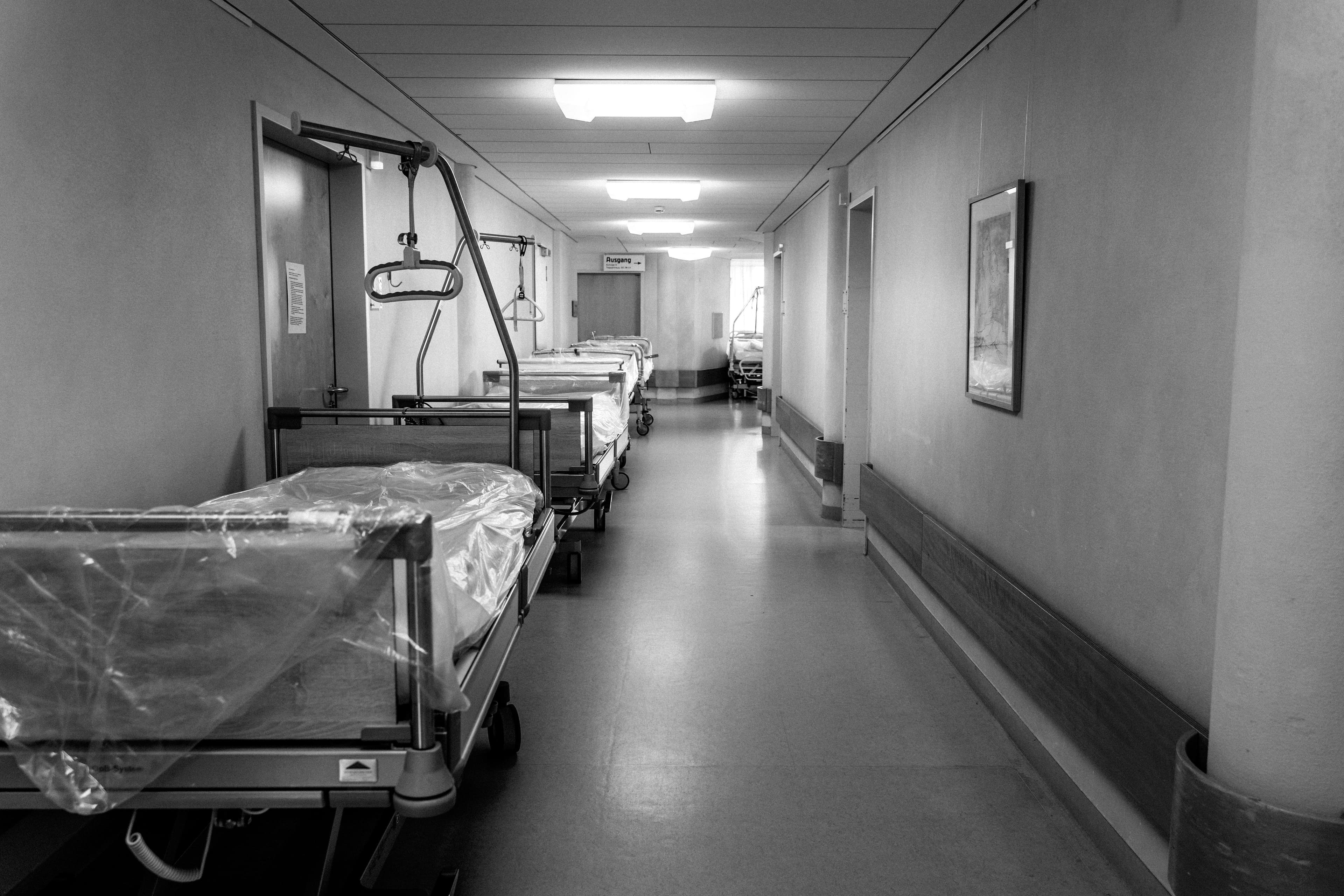

4 min
Hospital Bedsores: A Serious and Preventable Health Risk
Hospital-acquired bedsores are painful, preventable wounds caused by prolonged pressure on the skin, often due to neglect. They can lead to severe infections, tissue damage, and life-threatening complications. Patients most at risk include the elderly, immobile individuals, and those recovering from surgery. If a loved one has developed pressure ulcers due to negligence, legal action may be necessary. Contact us today for a free consultation to seek justice and compensation.
Hospital Bedsores: A Serious and Preventable Health Risk
Hospital-acquired bedsores, also known as pressure ulcers or pressure sores, are a serious yet preventable condition that affects patients who remain in one position for extended periods without proper medical care. These wounds develop due to prolonged pressure on the skin, often in bedridden, immobile, or critically ill patients. If left untreated, bedsores can lead to severe infections, tissue damage, and life-threatening complications.
What Are Bedsores?
Bedsores occur when continuous pressure cuts off blood flow to the skin and underlying tissues, causing skin breakdown. They often develop on bony areas of the body, such as:
- Lower back/tailbone (sacrum and coccyx)
- Hips and buttocks
- Heels and ankles
- Shoulders and back of the head
Without proper repositioning, monitoring, and medical attention, bedsores can quickly progress through four stages, from red, irritated skin to deep, open wounds exposing muscle and bone.
Who Is at Risk?
Patients most vulnerable to hospital-acquired bedsores include:
- Elderly individuals with limited mobility
- Paralyzed or immobile patients who cannot reposition themselves
- Patients under sedation or recovering from surgery
- Individuals with chronic illnesses such as diabetes or poor circulation
- Malnourished or dehydrated patients who lack essential nutrients for skin health

Signs & Stages of Bedsores
Recognizing bedsores early is critical for preventing severe damage. The four stages of pressure ulcers include:
- Stage 1 – Red, inflamed skin that does not lighten when pressed. Skin may feel warm, itchy, or painful.
- Stage 2 – A shallow wound or blister appears, indicating deeper skin damage.
- Stage 3 – A deep wound forms, exposing fatty tissues, increasing the risk of infection.
- Stage 4 – The most severe stage, with exposed muscle, tendons, or bone, leading to serious infections like sepsis or gangrene.
Are Bedsores a Sign of Hospital Neglect?
Hospital-acquired bedsores are often preventable with proper care. When medical staff fail to reposition patients, provide adequate nutrition, or monitor skin health, they may be guilty of medical negligence. Signs of neglect include:
- Unchanged bedding or soiled sheets
- Lack of routine repositioning or movement assistance
- Failure to monitor wound progression
- Delayed treatment of developing sores
Legal Rights & Seeking Compensation
Hospitals and nursing facilities have a duty to provide proper care and prevent conditions like bedsores. If your loved one developed severe pressure ulcers due to neglect or improper medical attention, legal action may be necessary to hold the facility accountable.
A medical malpractice lawsuit can help recover compensation for:
- Medical expenses and hospitalization costs
- Pain and suffering endured by the patient
- Long-term rehabilitation and home care
What to Do if Your Loved One Has Bedsores
If your family member has developed hospital-acquired bedsores, take immediate action:
- Document the wounds with photos and medical reports
- Speak with hospital staff and demand immediate treatment
- Request medical records to assess the level of care provided
- Consult with a legal expert to determine if neglect played a role
We Can Help – Get Justice for Your Loved One
No patient should suffer from preventable bedsores due to medical neglect. If your loved one has developed pressure ulcers while in a hospital or nursing home, you may have a case.
Contact us today for a free consultation and let us help you fight for justice and proper care for your family.

How do I know if I have a case?
If you've been injured due to someone else's negligence, you may have a case. Common examples include medical malpractice, car accidents, nursing home neglect, and wrongful death. Contact us for a free consultation, and we'll evaluate your legal options.
How much does it cost to hire your firm?
We work on a contingency fee basis, meaning you don't pay unless we win. There are no upfront fees—our payment comes from the settlement or verdict.
How long do I have to file a lawsuit?
The time limit varies depending on the case type and state laws. In Georgia, personal injury and medical malpractice cases typically have a two-year statute of limitations. It's best to act quickly to protect your rights.
Will my case go to trial?
Most cases settle outside of court, but we prepare every case as if it will go to trial. If a fair settlement isn't offered, we're ready to fight for you in court.
What compensation can I receive?
Depending on your case, you may be entitled to compensation for medical bills, lost wages, pain and suffering, emotional distress, and long-term care costs. Every case is different, so we assess damages based on your unique situation.
How do I get started?
Call us or fill out our online contact form for a free consultation. We'll review your case, explain your legal rights, and guide you through the next steps. There's no risk to you—just answers and support.











